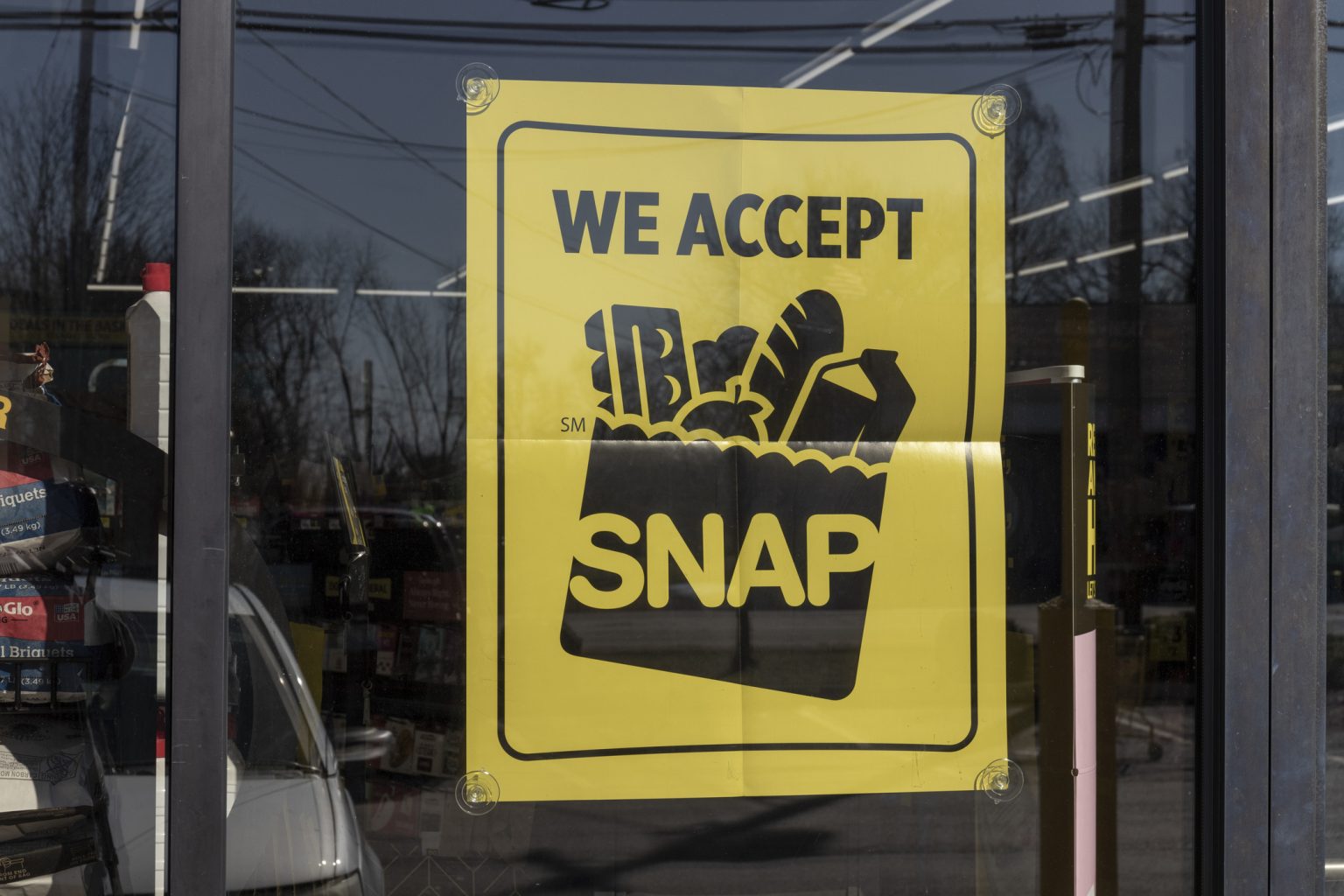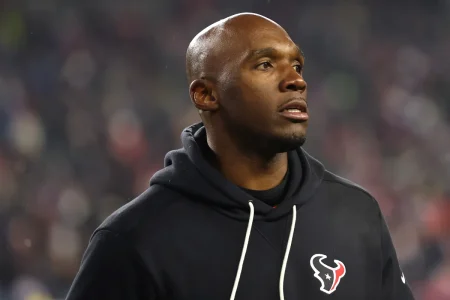Judge Halts Federal Collection of SNAP Recipient Data in Privacy Showdown
In a significant legal development, a California federal judge has temporarily blocked the U.S. Department of Agriculture (USDA) from collecting personal information about food assistance recipients in 21 states and Washington, D.C. Judge Maxine Chesney issued the temporary restraining order on September 18, siding with states that argued the federal government’s data collection plans overstepped legal boundaries. The ruling affects millions of Americans who rely on the Supplemental Nutrition Assistance Program (SNAP) – commonly known as food stamps – and marks a pivotal moment in the ongoing tension between federal oversight and state autonomy in administering public assistance programs.
At the heart of this dispute is a May 2023 directive from the USDA requiring states to share detailed personal information about SNAP participants, including names, addresses, birth dates, and Social Security numbers. The federal government justified this data collection as necessary to combat fraud in the program, which serves approximately 42 million Americans. Agriculture Secretary Brooke Rollins emphasized the administration’s position, stating: “President Trump is rightfully requiring the federal government to have access to all programs it funds, and SNAP is no exception. For years, this program has been on autopilot, with no USDA insight into real-time data.” The USDA further warned states that refusing to comply with data-sharing requirements could jeopardize their federal food assistance funding, effectively threatening to withhold crucial support from vulnerable populations if states did not acquiesce to federal demands.
The coalition of states challenging this directive – including California, New York, Illinois, Massachusetts, and others – argued that the SNAP Act contains specific protections for participant data, limiting its use to purposes directly related to administering or enforcing the program itself. Their lawsuit contends that the broad data collection demanded by the USDA violates these statutory limitations and raises serious privacy concerns. Judge Chesney appears to have found merit in these arguments, noting in her ruling that the states were likely to prevail on their claim that SNAP applicants’ personal information may only be used for purposes directly tied to administering the food assistance program and cannot be broadly shared across government agencies for unrelated purposes. The states specifically expressed concern that such information could potentially be used for immigration enforcement, creating a chilling effect that might discourage eligible families from seeking necessary food assistance.
The USDA’s own acknowledgments may have undermined its position. According to court filings, the agency conceded that the collected data could be disclosed “to a large number of entities, including numerous entities that are not assistance programs, and for purposes other than the administration or enforcement of an assistance program.” This admission stands in stark contrast to the USDA’s public assurances in its May letter to state SNAP directors that it would “ensure Americans in need receive assistance, while at the same time safeguarding taxpayer dollars from abuse.” The contradiction between the USDA’s broad data-sharing plans and the SNAP Act’s privacy protections formed a central pillar of the states’ legal challenge, which has now succeeded in temporarily halting the federal government’s data collection efforts.
The temporary restraining order represents just the opening phase of what promises to be a protracted legal battle over federal authority, privacy rights, and the administration of social safety net programs. The USDA has until September 26 to file its opposition to the order, with a hearing scheduled for October 9 to determine whether the block should remain in place longer term. The outcome of this case could have far-reaching implications not only for SNAP but potentially for other federal assistance programs as well. It raises fundamental questions about the balance of power between federal and state governments in administering public benefits and the extent to which privacy protections can be subordinated to fraud prevention efforts.
Beyond the legal technicalities, this case highlights the human dimension of administrative policy decisions. SNAP provides essential food assistance to millions of Americans, including families with children, elderly individuals, and people with disabilities. Many recipients already face significant barriers to accessing benefits, including complex application processes and persistent stigma. Privacy concerns and fears about data sharing – particularly for immigrant communities – represent additional obstacles that could prevent eligible individuals from receiving the nutrition assistance they need. As this case proceeds, courts will need to weigh not only the legal arguments but also the real-world consequences for vulnerable populations who depend on these critical support systems to meet their basic needs.














